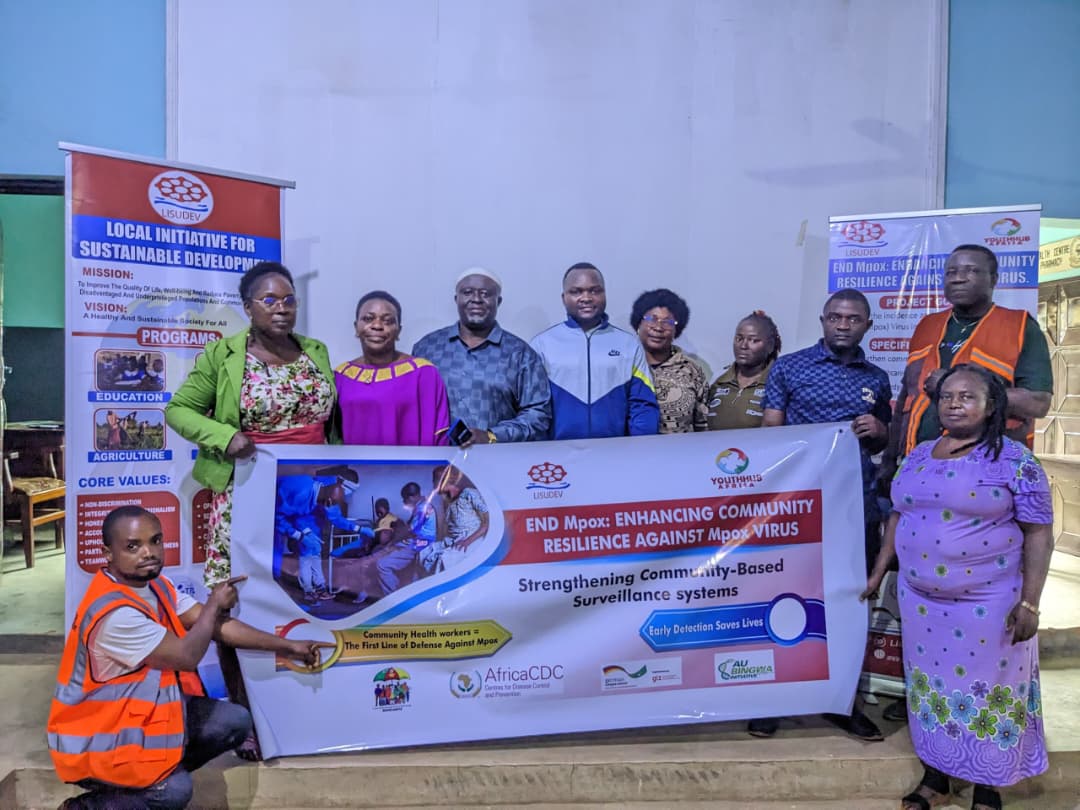Strengthening Community Resilience Against Mpox: LISUDEV's Capacity Building Workshop

On September 2, 2025, the Local Initiative for Sustainable Development (LISUDEV) organized a vital capacity-building workshop for community health leaders in Njikwa, specifically targeting the communities of Bakwa, Bassa, Ikweri, Bako, Banya, and Ikwebo. This initiative aims to enhance community-based surveillance systems against Mpox.

Monkeypox is a viral zoonotic disease caused by the monkeypox virus, of the orthopoxvirus genus. Predominantly found in the tropical rainforest regions of Central and West Africa, it can be transmitted to humans through contact with infected animals or via human-to-human transmission. Symptoms typically appear 7 to 14 days post-exposure but can range from 5 to 21 days, posing a significant public health challenge.
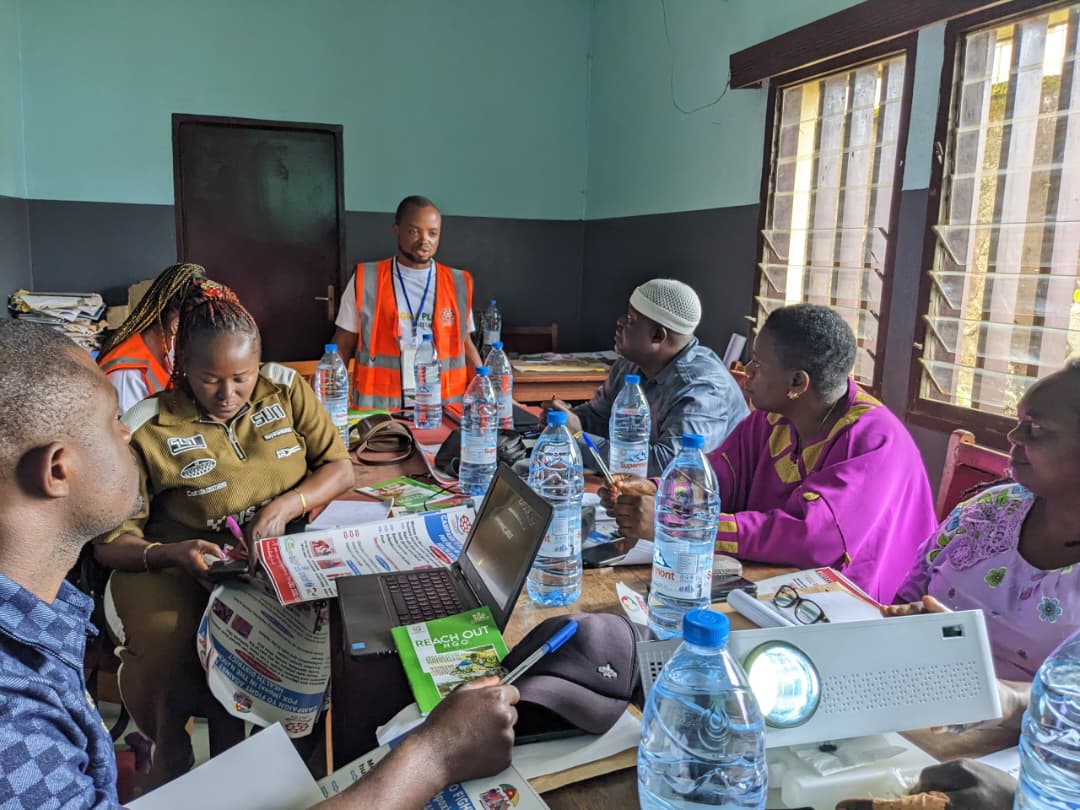
Afor Rene Aza'ah, Executive Director of LISUDEV, emphasized the urgency of this project. "Mpox is a pressing public health threat, particularly in the Njikwa health district, where recent outbreaks have been reported. With two confirmed cases and one death, the fatality rate stands at a staggering 50%. If this trend continues, many lives could be at risk. Our mission is to bolster community health initiatives in these rural areas, which have been historically underserved."

Wirngo Marcel Ngah, Chief of the Bureau of Health and Focal point for disease surveillance in Njikwa, highlighted the dangers posed by the re-emergence of Mpox. "Monkeypox is extremely dangerous, and we've identified multiple communities at risk. LISUDEV has partnered with us to implement sensitization and screening measures in these areas, ensuring we can detect and address cases promptly."
Understanding the Symptoms
The symptoms of Mpox include:
*Fever*
*Headache*
*Muscle aches*
*Backache*
.*Swollen lymph nodes*
*Chills*
*Exhaustion*
*Rash* (a principal characteristic feature of Mpox)
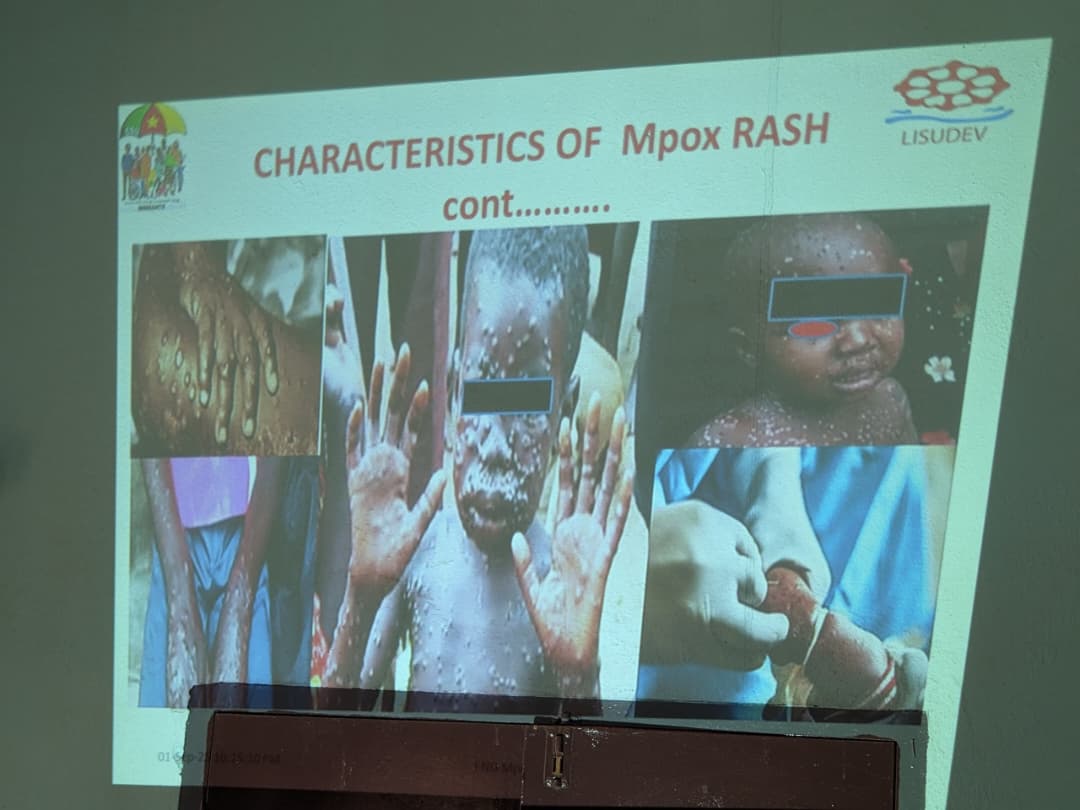
"The rashes can vary, and during our outreach, we will train health workers to recognize these symptoms, especially in individuals from high-risk communities like Bakwa, Bassa, Ikweri, Bako, Banya, and Ikwebo," explained Ngah. These regions, rich in forest ecosystems, rely heavily on wildlife, increasing the risk of zoonotic transmission.
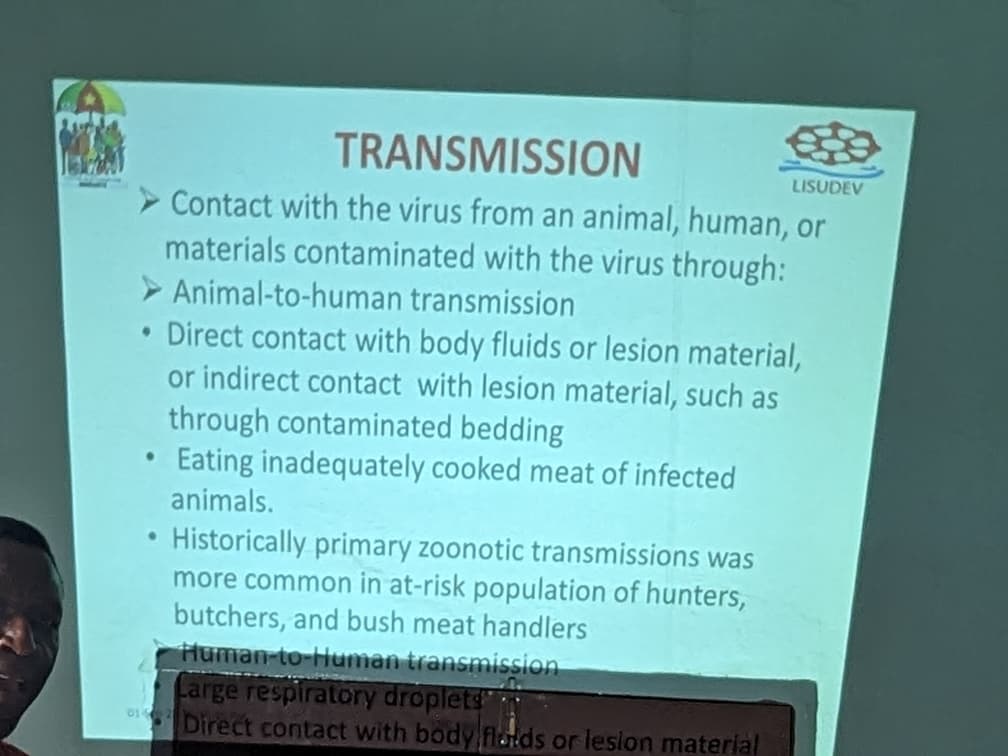
Ngah further noted that no age group is immune to this disease. "Mpox can affect anyone, and during our activities, we will conduct screenings across all age groups in both community settings and health facilities."
Collaborative Efforts for Effective Surveillance
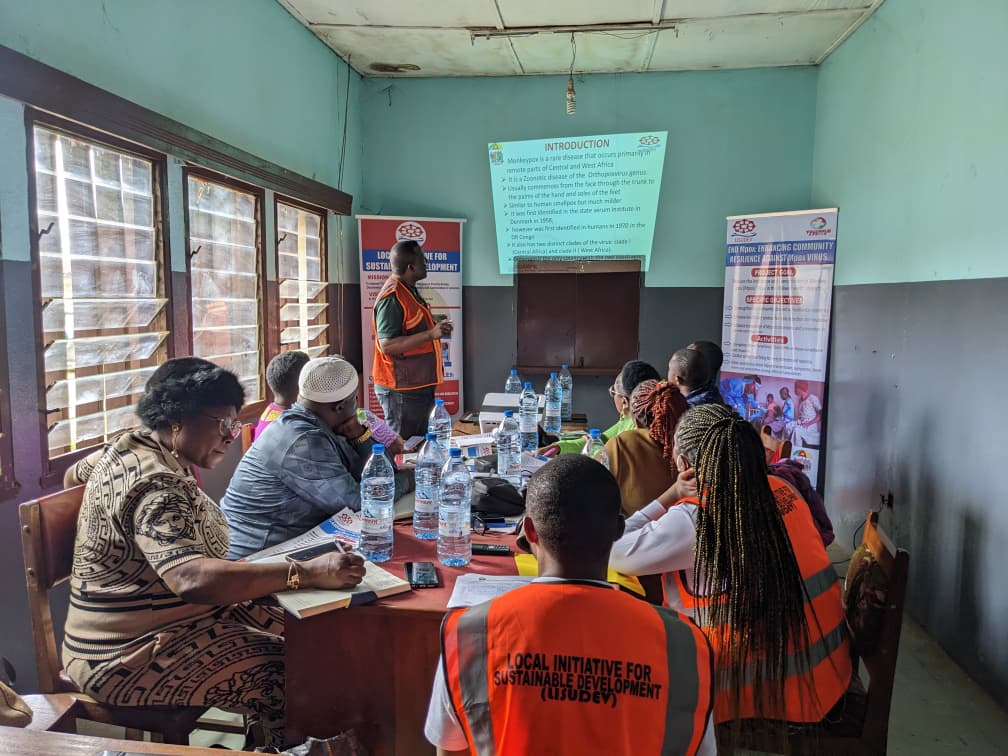
The workshop aims to empower chiefs of health centers to identify Mpox cases during their consultations. "Surveillance is key," Ngah stressed, "and these trained leaders will work alongside community health workers who will be equipped to enhance disease monitoring."
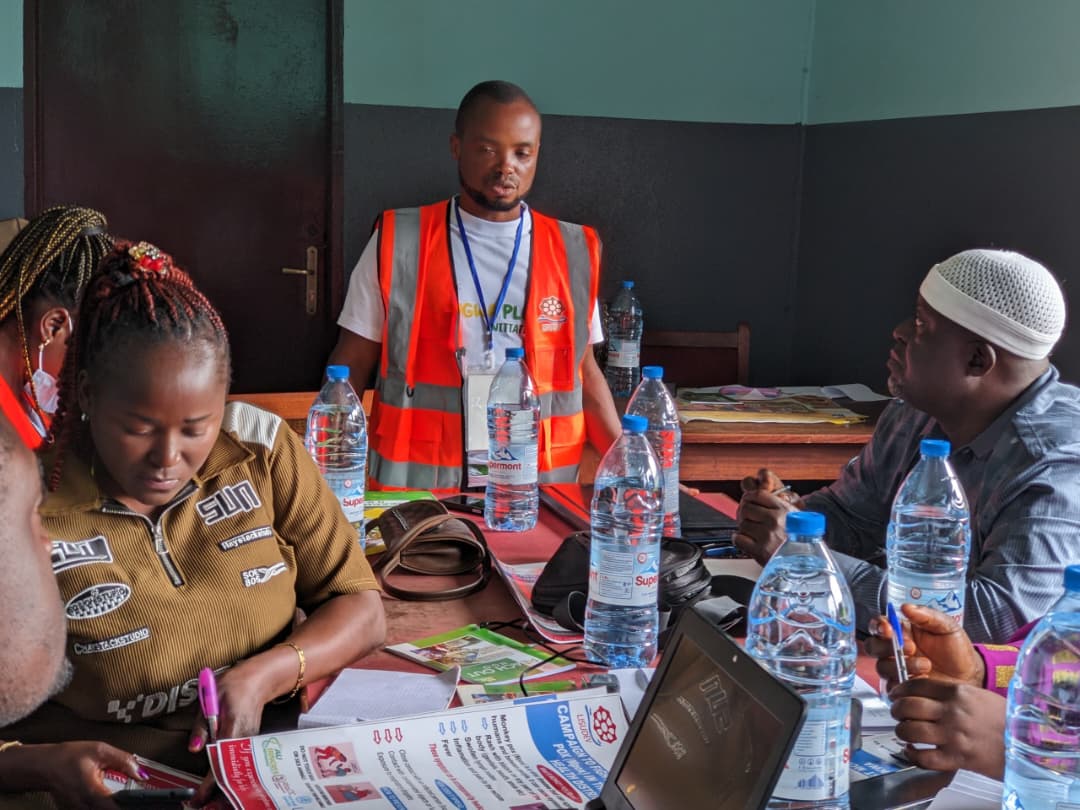
Afor Rene Aza'ah expressed gratitude for the support of various organizations, stating, "We extend our heartfelt thanks to YouthHubAfrica, Africa CDC, GIZ Strengthening Crisis and Pandemic Response in Africa (SCPRA), and AU Bingwa Plus Initiative for their instrumental roles in making this project a reality. This initiative will significantly strengthen our healthcare system, improve disease surveillance, and enhance the overall health of our population."
Project Expectations
The expected outcomes of this project include:
- Educating 1,500 community members across six at-risk villages.
- Establishing a community health worker (CHWs) reporting mechanism.
- Consulting at least 1,050 individuals and identifying at least 80% of Mpox cases.
- Empowering CHWs on disease surveillance and reporting.
Together, these efforts aim to build healthy and resilient communities, free from the threats of diseases and outbreaks. As we move forward, the collaboration between LISUDEV, local health authorities, and community members will be crucial in safeguarding public health in Njikwa and beyond.
By Bamenjo Petronilla
